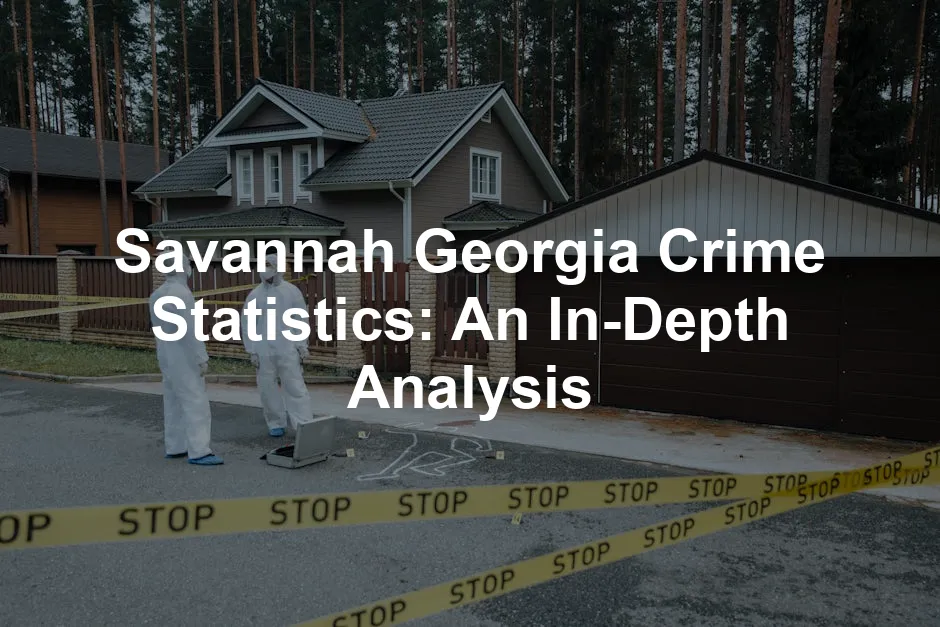Introduction
Savannah, Georgia, is a city steeped in history and rich in culture. With its cobblestone streets, majestic oak trees draped in Spanish moss, and stunning architecture, it’s a feast for the eyes. But like any urban area, Savannah has its complexities—one of which is crime.
Understanding crime statistics is crucial for residents, visitors, and potential movers. It helps paint a clearer picture of safety and security in this beautiful city. After all, who wants to stroll through Forsyth Park while worrying about their safety? Knowledge is power, especially when it comes to making informed decisions about where to live or travel.
This article aims to provide a comprehensive analysis of crime statistics in Savannah, focusing on trends, comparisons, and safety tips. We’ll break down the numbers so you can navigate this charming city with confidence. Let’s dig into the facts and figures to understand what’s really happening in Savannah.
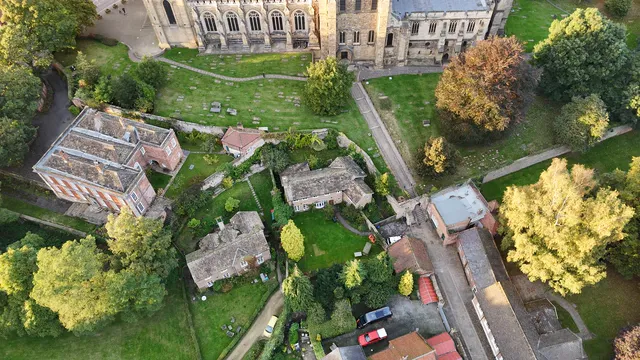
Key Crime Statistics
Overall Crime Rate
Savannah’s overall crime rate stands at 22 crimes per 1,000 residents. This figure paints a picture of safety—or lack thereof—when compared to national averages. The chance of becoming a victim of crime in Savannah is 1 in 38, which might make you reconsider that late-night stroll down River Street.
When we break it down further, violent crime is reported at a rate of 3.89 per 1,000 residents, while property crime is significantly higher at 18.23 per 1,000. This means that while you might feel safe in the heart of the Historic District, the risk of property crime, such as theft or burglary, is something to keep in mind.
Comparing Savannah’s crime rates to national averages reveals a troubling trend. Savannah’s violent crime rate is approximately 29% higher than the national average, while property crime is about 12% higher. Yikes! This means that if you’re planning a visit or a move, being aware of your surroundings is essential.
In summary, while Savannah has its share of charm, it also holds a higher risk of crime compared to many other cities across the U.S. As we continue to explore the specific types of crimes, safety tips, and community responses, remember that knowledge is your best ally in staying safe in this enchanting city.
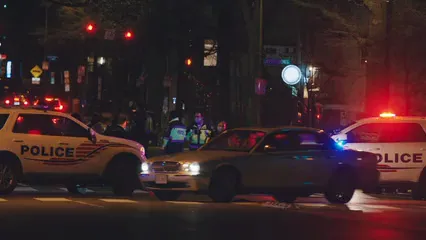
Breakdown of Violent Crimes
Violent crimes are serious offenses that threaten personal safety. They include murder, aggravated assault, robbery, and rape. These crimes can leave a lasting impact on victims and communities alike.
In Savannah, the violent crime rate stands at 3.89 per 1,000 residents, translating to around 576 incidents reported. This figure is 29% higher than the national average. When you compare it with the broader state of Georgia, Savannah’s violent crime rate is noticeably elevated, making it a focal point for safety discussions.
Recent trends show a mixed bag for violent crimes in Savannah. While overall violent crimes decreased by 8% in 2023 compared to 2022, homicides have notably surged. In 2024, Savannah’s murder rate jumped to three times higher than the same period in 2023, with 18 recorded homicides by July. This alarming spike prompts residents and law enforcement to stay vigilant.
To better grasp the psychological aspects behind such crimes, one might consider delving into The Psychology of Criminal Conduct by D.A. Andrews. This book explores the motivations behind criminal behavior, providing valuable insights into the mind of a criminal which can be quite enlightening for those looking to understand these alarming trends.

Breakdown of Property Crimes
Property crimes include burglary, theft, and motor vehicle theft. These offenses primarily target possessions rather than individuals, but they can deeply affect the sense of security in a community.
In Savannah, the property crime rate is significantly higher, at 18.23 per 1,000 residents, accounting for 2,698 incidents. This is about 12% above the national average, indicating that residents should be mindful of their belongings. For a comprehensive look into the mind of a criminal, consider reading The Complete Idiot’s Guide to Criminal Psychology by Dr. Alan Axelrod. It offers a straightforward approach to understanding criminal behavior and can help residents better protect themselves.
Notable trends in property crimes reveal a slight decrease over recent years; however, specific spikes in certain neighborhoods are concerning. For instance, while some areas report drops in theft incidents, increases in vehicle theft have been observed in others. This makes it important for residents to stay informed about which neighborhoods are experiencing higher risks.
In summary, while Savannah showcases its historic charm, the crime statistics reveal a need for awareness and community engagement to enhance safety.
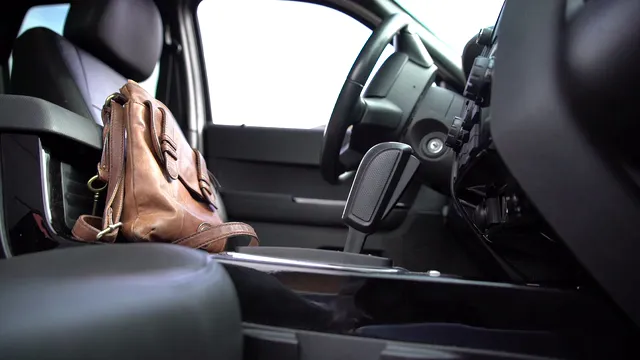
Comparative Analysis
Savannah vs. National Averages
Savannah’s crime statistics tell a compelling, albeit concerning, story. When we stack Savannah’s crime rates against national averages, the differences are stark. The overall crime rate in Savannah stands at 22 per 1,000 residents, which is about 15% higher than the national average. If you’re thinking about your chances of becoming a victim, brace yourself: the odds are roughly 1 in 38. This means you might want to think twice before wandering down a dark alley after dark.
In terms of violent crime, Savannah is experiencing a rate of 3.89 per 1,000 residents. That’s a staggering 29% higher than the national average. Property crimes are no walk in the park either, with a property crime rate of 18.23 per 1,000, exceeding the national average by 12%. For residents and visitors, this indicates a need for heightened awareness, especially concerning property safety. After all, the last thing you want is to have your iPhone swiped while you’re snapping selfies in front of the Forsyth Fountain.
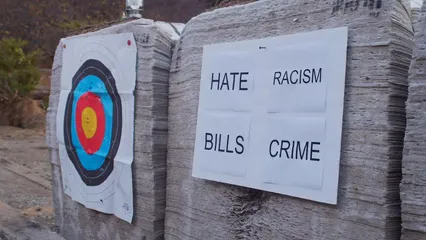
So, what do these numbers mean for everyday folks? They serve as a wake-up call. Sure, Savannah is a beautiful city, but being aware of your surroundings is crucial. Whether you’re a local or just passing through, keep your wits about you, especially in bustling areas where crime may lurk in the shadows.
Savannah vs. Other Georgia Cities
Now, let’s see how Savannah shapes up against its Georgia peers. The city ranks alarmingly high in crime rates, sitting above 74% of other cities and towns in the state. Compare this to Atlanta, whose crime rates are often highlighted in media, and you might be surprised to find that Savannah’s violent crime is significantly higher.
For instance, while Atlanta has been working hard to tackle its crime rates, Savannah’s numbers can make the Peach State’s capital look like a safe haven. With a violent crime rate of 402.4 per 100,000 residents, Savannah’s figures indicate that it’s not the most secure place to be.
However, it’s not all doom and gloom—some neighborhoods within Savannah are relatively safe. Areas like Dean Forest Road Landfill and Berwick Plantation boast lower crime rates, providing a semblance of safety for those who choose to settle there. But for visitors and current residents, knowing which neighborhoods to avoid can mean the difference between a pleasant stroll and a potential encounter with crime.

Historical Trends
Let’s take a stroll down memory lane and look at how Savannah’s crime statistics have evolved over the past decade. Over the last 5-10 years, crime rates have fluctuated significantly. Notably, the Savannah Police Department reported an 8% decrease in violent crimes in 2023 compared to 2022. This might sound like a reason to celebrate, but hold on—homicides have surged alarmingly. In 2024, the murder rate was three times higher than the same time last year, with 18 recorded homicides by July.
What factors contribute to these trends? Economic conditions play a crucial role, as does the effectiveness of policing strategies. As the city grapples with socioeconomic challenges, these issues often manifest in crime rates. Savannah’s local law enforcement has been focusing on community-oriented policing, aiming to foster trust and cooperation between officers and residents. Programs targeting youth engagement and mental health support are also critical in addressing the underlying issues leading to crime.

In summary, while Savannah has seen some positive trends, the spikes in violent crime—particularly homicides—remain a pressing concern. The interplay of various factors makes it crucial for residents and visitors to stay informed and vigilant about their environment. Understanding these historical trends can help paint a clearer picture of what to expect in the Hostess City.
Areas of Concern
High-Crime Areas
Savannah, like many cities, has neighborhoods where crime rates soar. Identifying these high-crime areas is crucial for residents and visitors alike. Notorious neighborhoods include the West Side and certain parts of the South Side, where crime rates can make your hair stand on end.
In the West Side, categories of crime often include violent offenses, particularly aggravated assaults and homicides. The spike in violent crime has made this area a focal point for law enforcement. For instance, in 2024, the murder rate surged to three times that of the previous year, causing concern amongst local residents.
South Side neighborhoods also face significant challenges. Issues like theft and property crimes plague this area, leading to a general sense of unease among its residents. Armed robbery and burglary are prevalent, with many locals locking their doors a little tighter at night.
The statistics reveal that the overall crime rate in these neighborhoods is higher than the city average. Residents are encouraged to stay informed about local crime trends and to adopt safety measures, such as neighborhood watch programs, which can help build a sense of community while keeping crime at bay.

Safest Neighborhoods in Savannah
On a brighter note, Savannah has neighborhoods known for their safety. Areas like Dean Forest Road Landfill, Southbridge, and Berwick Plantation consistently rank as some of the safest places within the city. These neighborhoods offer a more serene environment, where residents can enjoy their daily lives without the looming threat of crime.
Statistics show that these areas maintain lower crime rates compared to the rest of Savannah. For instance, the property crime rate in Southbridge is significantly lower than the city’s average, making it an attractive option for families and retirees. The community here fosters a strong sense of belonging, enhancing the overall quality of life.
Why are these neighborhoods safer? Factors include active neighborhood associations, higher police presence, and community engagement. Residents often participate in local events and initiatives that focus on safety and well-being, fostering a connected community.
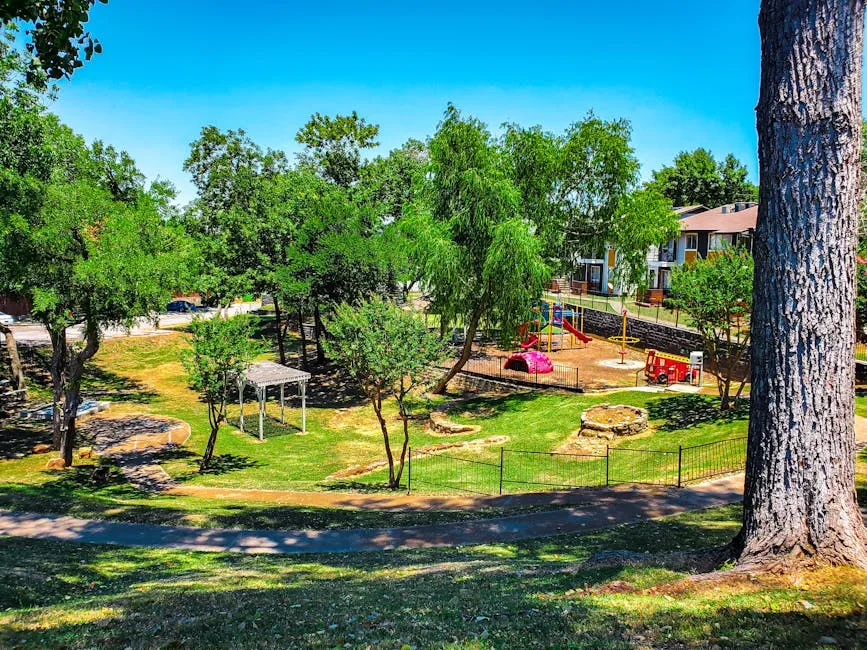
To ensure safety while enjoying these neighborhoods, consider investing in a Home Security Camera System. It provides peace of mind, knowing that your home is monitored and secured.
While Savannah’s crime statistics might raise eyebrows, knowing where to live or visit can make all the difference. Being aware of both high-crime and safe neighborhoods enables residents and visitors to make informed choices about their safety.

Community Response and Safety Measures
Law Enforcement Initiatives
The Savannah Police Department has recognized the importance of community safety and has implemented various initiatives to combat crime effectively. These efforts focus on not just reducing crime rates but also enhancing community relationships.
One significant program is the Police Athletic/Activities League, which targets youth engagement. It offers mentoring and life skills training, aiming to steer young people away from crime. These initiatives have shown promising results, creating a more positive outlook for the city’s future.
In addition to youth programs, the department has emphasized community policing. Officers actively engage with residents, addressing concerns and fostering trust. This approach helps residents feel connected and encourages them to report suspicious activities without fear.
Furthermore, the Savannah Police Department has collaborated with local organizations to create an integrated crime-fighting strategy. These partnerships enable a comprehensive approach to tackling crime, focusing on education, prevention, and intervention.
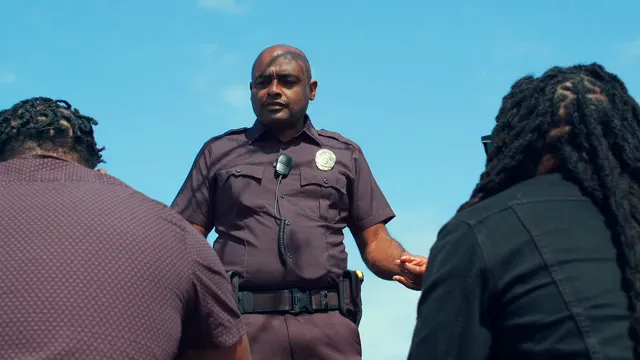
The Behavioral Health Unit also plays a vital role in addressing mental health issues that often contribute to criminal behavior. By providing support and resources to those in need, the unit helps reduce incidents related to mental health crises.
As crime rates fluctuate, it’s crucial for the community to remain engaged and informed. The department’s commitment to transparency and communication empowers residents to participate actively in making Savannah a safer place.
Resident Tips for Safety
Living in or visiting Savannah can be delightful, but safety should always be top of mind. Here are some practical tips to keep you safe while enjoying everything this historic city has to offer:
- Stay Alert: Always be aware of your surroundings. If something feels off, trust your instincts and move to a safer location.
- Avoid Dark Alleys: Stick to well-lit streets, especially at night. Dark alleys might be great for a film noir but not for a leisurely stroll.
- Keep Valuables Hidden: Don’t flash expensive gadgets or jewelry. Keep your belongings close and in your line of sight. If you can, leave valuables at home.
- Use Trusted Transportation: Opt for rideshare services or public transport instead of walking late at night. It’s safer and you’ll avoid unnecessary risks.
- Buddy System: When exploring nightlife, stick with friends. There’s safety in numbers, and you’ll have more fun together!
- Stay Informed: Familiarize yourself with local crime trends. Check neighborhood crime maps and community bulletins to know which areas to avoid.
- Engage with Locals: Ask residents for safety tips. They often have firsthand experience of the neighborhoods and can guide you on the best places to visit.
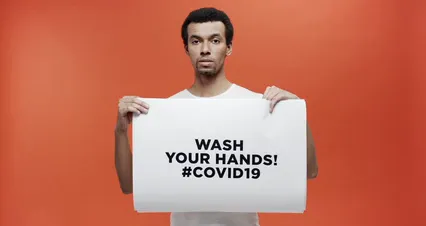
Community awareness is vital for crime prevention. Residents should actively engage in neighborhood watch programs. These initiatives foster communication and cooperation among neighbors, making it harder for crime to thrive. The more you know your community, the safer it becomes.
For added peace of mind, consider investing in a Personal Safety Alarm Keychain. It’s a small but effective tool that can help you alert others in case of danger.
FAQs
What are the safest neighborhoods in Savannah?
Savannah has several neighborhoods known for their low crime rates. Here’s a list of some of the safest areas: Dean Forest Road Landfill/Southbridge: Known for its family-friendly environment and community engagement. Berwick Plantation: Offers a suburban feel with parks and good schools. Coffee Bluff: A quiet neighborhood that boasts scenic views and lower crime rates. The Landings/Skidaway Island: A gated community known for its upscale homes and low crime. Wilmington Park: Features friendly neighbors and a strong sense of community.
How does Savannah’s crime rate compare to national averages?
Savannah’s crime rates are higher than national averages. As previously mentioned, the overall crime rate is about 15% higher, with the violent crime rate being 29% above the national average. Property crime rates also exceed national figures by approximately 12%.
What resources are available for staying safe in Savannah?
Several resources can help residents and visitors stay safe in Savannah: Savannah Police Department: Offers crime reports and safety tips on their website. Neighborhood Watch Programs: Engage with local initiatives to promote safety. Community Centers: Often provide information on events and safety workshops. Local Crime Maps: Websites and apps that show real-time crime data in your area.
Are crime rates in Savannah increasing or decreasing?
Recent trends indicate a mixed bag. While overall violent crimes decreased by 8% in 2023, the homicide rate has alarmingly increased in 2024. This jump has raised concerns among residents and law enforcement alike.
How can residents contribute to improving safety in their communities?
Residents can play a proactive role in improving community safety by: Joining or forming neighborhood watch groups: These programs foster community vigilance. Participating in local events: Building relationships with neighbors enhances safety. Attending community meetings: Share concerns and learn about local crime prevention initiatives. Reporting suspicious activities: Don’t hesitate to contact law enforcement if something doesn’t seem right. By staying engaged and informed, residents can create a safer environment for all.
Conclusion
In summary, understanding crime statistics in Savannah is essential for the safety and well-being of everyone—residents and visitors alike. The city presents a unique blend of historic charm and modern challenges, particularly regarding crime rates. With an overall crime rate of 22 per 1,000 residents and a violent crime rate significantly higher than the national average, it’s crucial to stay informed.
Savannah’s property crime rate is also a concern, standing at 18.23 per 1,000 residents, which is about 12% higher than the national average. The recent spike in homicides, tripling in 2024 compared to the previous year, highlights the need for vigilance and community engagement.
By understanding these statistics, you empower yourself to make informed decisions about safety. Knowledge is indeed power, and it encourages proactive measures to enhance personal security. Stay informed about local safety initiatives, participate in community programs, and be an active part of your neighborhood.

To further enhance your personal safety, consider equipping yourself with a Personal Pepper Spray. It’s a small yet mighty tool that can provide peace of mind while navigating the city.
In conclusion, whether you’re a long-time resident or a first-time visitor, keeping safety in mind will enhance your experience in Savannah. Engage with local resources, stay updated on crime reports, and don’t hesitate to reach out to law enforcement with concerns. Together, we can create a safer Savannah for everyone.
Please let us know what you think about our content by leaving a comment down below!
Thank you for reading till here 🙂
For a deeper understanding of the crime statistics in Savannah, check out this in-depth analysis of crime statistics in Savannah.
All images from Pexels

